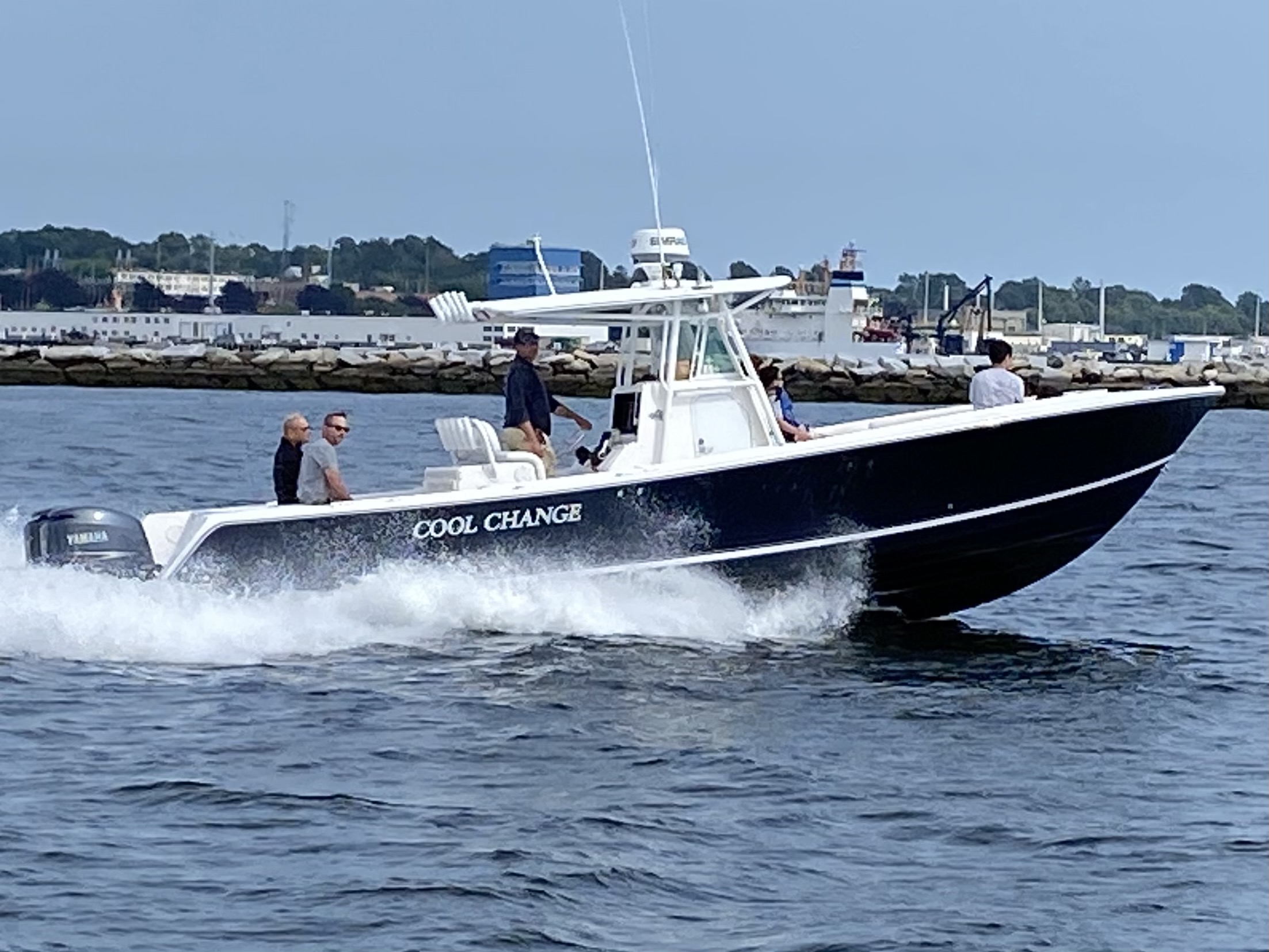Fishing is more than just a hobby for many people, it’s a way of life. Professional fishermen, in particular, devote their entire lives to this craft, navigating the waters and braving the elements in search of the perfect catch. In this article, we’ll delve into the life of professional fishermen, from their day-to-day activities to the challenges they face and the skills they need to succeed.
The Day-to-Day Life of a Professional Fisherman
For a professional fisherman, every day is different. Their schedule is determined by the weather and the fishing conditions, and they need to be ready to adapt at a moment’s notice. Most days begin before dawn, as fishermen need to be on the water early to take advantage of the best fishing hours. They’ll spend hours on their boat, checking their equipment, scouting for fish, and casting their lines.
When the day’s fishing is done, the work is far from over. Fishermen need to clean and prepare their catch, pack it on ice, and transport it to market or storage. They also need to maintain their equipment, including their boat, fishing gear, and safety gear.

The Challenges of the Profession
Fishing is a physically demanding job that requires strength, endurance, and resilience. Fishermen need to be able to handle heavy gear, withstand long hours in the sun and the cold, and be prepared to face unexpected challenges, from equipment malfunctions to bad weather. They also need to be skilled navigators, able to read the water and the weather to find the best fishing spots and avoid hazards.
In addition to the physical challenges, professional fishermen also face economic and regulatory challenges. The fishing industry is highly competitive, and fishermen need to keep up with changing market demands and regulations. They need to be able to adapt to new technologies and fishing methods, while also ensuring that they are following all the rules and regulations governing their industry.
The Skills of a Professional Fisherman
To succeed as a professional fisherman, you need a combination of physical, technical, and practical skills. You need to be physically fit and able to handle heavy gear and long hours on the water. You also need to have technical skills, such as the ability to navigate using GPS and radar, and knowledge of fishing methods and techniques. Practical skills, such as the ability to maintain and repair equipment, are also essential.
Perhaps most importantly, a professional fisherman needs to have a deep understanding of the natural world. They need to be able to read the water and the weather and understand the behavior of the fish they are trying to catch. They need to be able to adapt to changing conditions and be prepared to try new things when old methods aren’t working.
In conclusion, the life of a professional fisherman is one of hard work, dedication, and skill. It requires physical and mental toughness, adaptability, and a deep understanding of the natural world. But for those who are passionate about fishing, it can also be a deeply fulfilling way of life.

